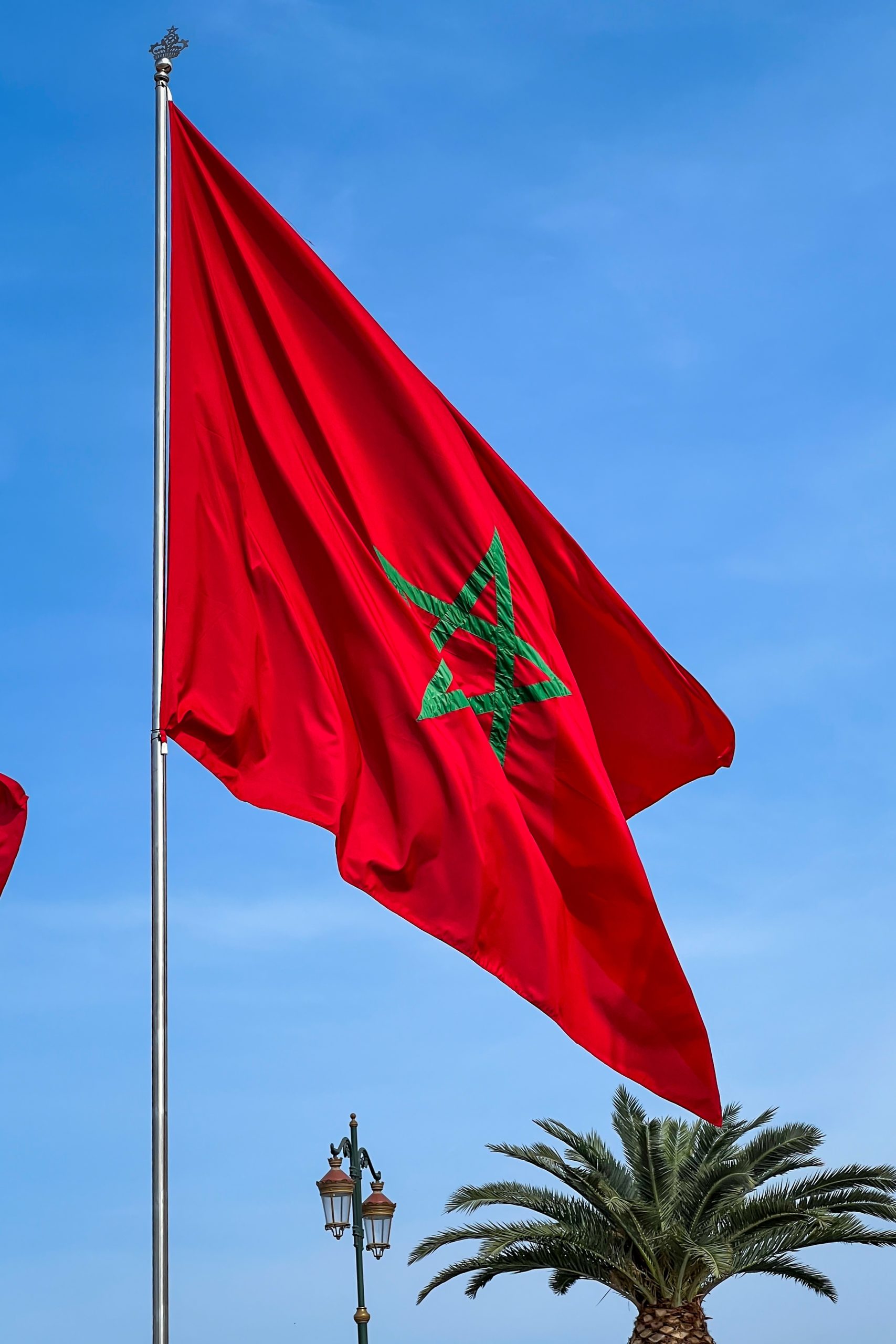Morocco Takes Lead Tackling Inefficient ACs

19 April 2018, Washington, D.C. – At the 4th annual US-Morocco Trade Forum the Moroccan Agency for Energy Efficiency (AMEE) and the Institute for Governance and Sustainable Development (IGSD) signed a memorandum of understanding to cooperate in developing more effective analytical methods to identify the highest efficiency room air conditioners (ACs) available using refrigerants friendlier to climate.
“AMEE is pleased that IGSD will join with us on this important project in making it possible for citizens of Morocco to have the best new technology,” proclaimed Mr. Saïd Mouline, Chief Executive Officer of AMEE.
AC use is responsible for a large and increasing fraction of electricity demand and peak load, particularly in large metropolitan cities, in emerging economies, and in hot climates, like Morocco. A simultaneous transition to the use of climate-friendly refrigerants in the world stock of room ACs with a ~30% improvement of efficiency would avoid peak load equivalent to over 1,500 power plants by 2030, reducing CO2 along with other air pollutants associated with AC use while minimizing cost.
The new analytical methods to be developed by IGSD and AMEE will help better understand the impact of Morocco’s climate zones and the country’s economic circumstances in determining the most cost-effective and climate-friendly ACs for the country. “Morocco is the best possible partner for this innovative cooperation,” said Dr. Stephen O. Andersen, Director of Research at IGSD and lead of the IGSD and AMEE project, “because Morocco can influence all of Africa to invest sustainably in the next-generation AC technology.”
Reducing the use of environmentally harmful refrigerants in Morocco falls in line with the world’s commitments made in October 2016 under the Montreal Protocol’s Kigali Amendment, a scheduled phase-down of polluting refrigerants called hydrofluorocarbons. The amendment will avoid the equivalent of nearly 100 billion tons of CO2 by 2050 and up to 0.5°C of warming by 2100.
Two additional MoUs were signed at Thursday’s Forum, one to mobilize resources to support the Morocco Growth Fund and the other to boost bilateral trade relations between the country and the United States Chamber of Commerce.